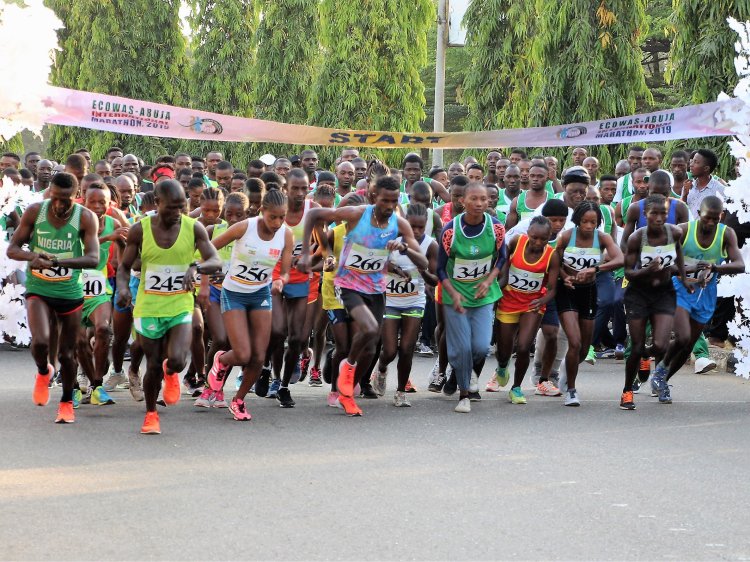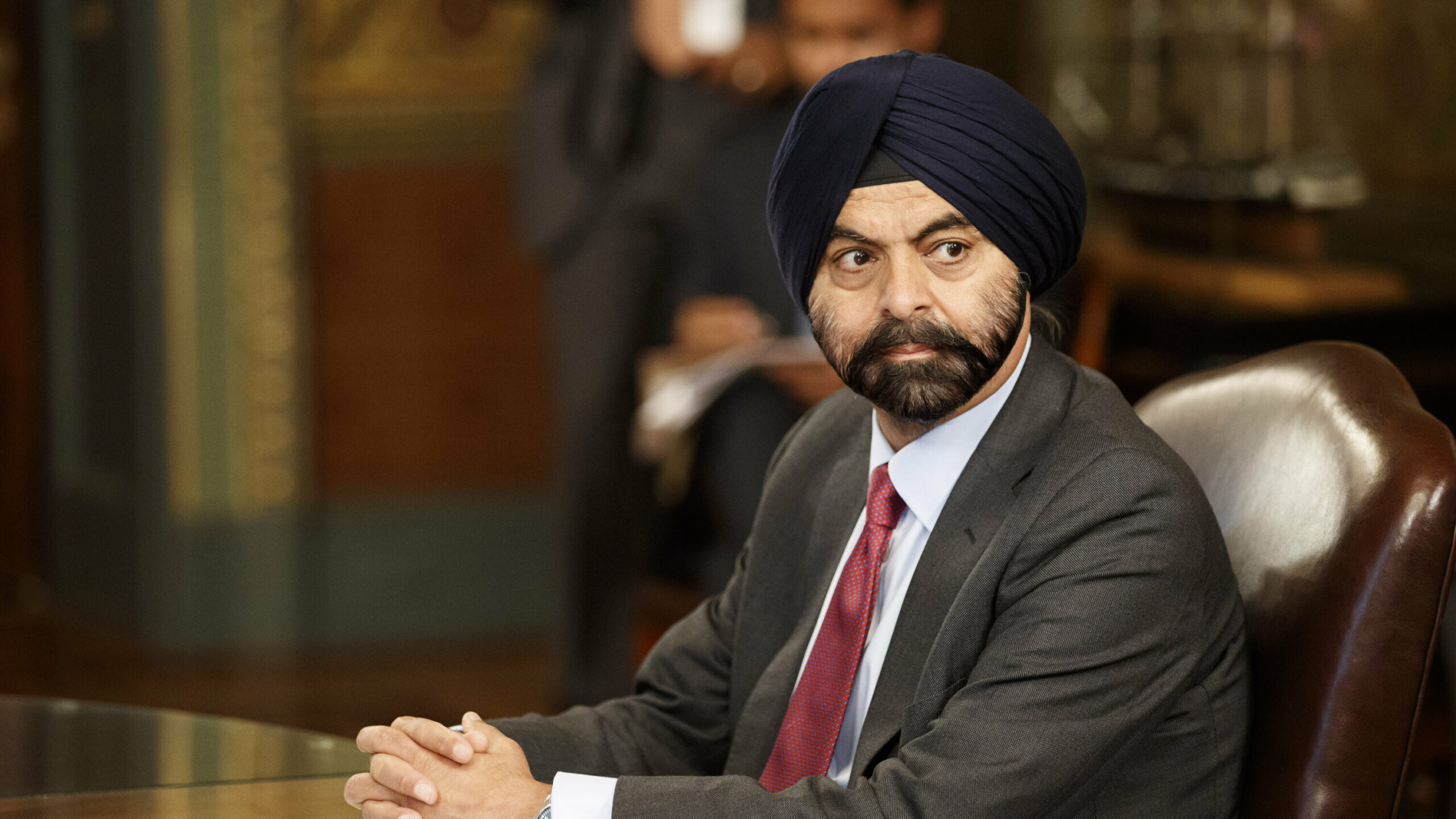The Lagos State House of Assembly has passed a bill that prohibits the media parade of suspects by the police. This bill is an amendment to the Criminal Justice Law of the State. Several lawyers, human rights activists and civil society organisations have called for an end to media parade for suspects saying it does not protect the human rights of suspects.
Recently, Femi Falana, a Senior Advocate of Nigeria (SAN) and a human rights activist sued the police, the Economic and Financial Crimes Commission (EFCC) and the Attorney-General of Federation over media parade of suspects. The human rights activist said the media parade of criminal suspects by security and anti-corruption agencies is illegal and unconstitutional.
This development has led to the consideration of an adjustment to criminal law within states, with Lagoas state taking a front row when it passed the bill on Monday. The bill was passed at a sitting presided over by Deputy Speaker, Wasiu Eshilokun-Sanni (Lagos Island 1), on behalf of Speaker Mudashiru Obasa (Agege 1). If assented by the state governor, the bill will stop the police from parading suspects before the media.
According to Section 9(A) of the newly passed bill states: “As from the commencement of this law, the police shall refrain from parading any suspect before the media.” The bill also stipulates the conditions under which a policeman can arrest without a warrant, one of which is that a person must be reasonably suspected to unlawfully be in possession of firearms or other such dangerous instruments.
A subsection of the bill also barred the police or any other agency from arresting a person “in lieu of any other person in a criminal matter”. The bill adds a person who is arrested “shall be given reasonable facilities for obtaining legal advice, bail or making arrangements for defence or release.
“A suspect should also be ‘accorded humane treatment, with the right to dignity of the person; not subjected to any form of torture, cruel, inhumane or degrading treatment; be brought before the court as prescribed by this law or any other written law; or be released conditionally or unconditionally.”














